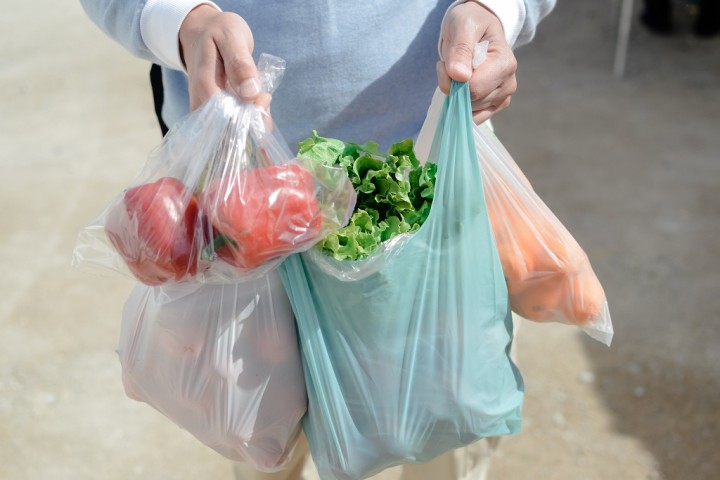Türkiye halts tons of plastic waste in 4 years

Türkiye’s policy of charging for plastic shopping bags has prevented 550,000 tons of plastic waste in the past four years.
With the new regulations of the Ministry of Environment, Urbanization and Climate Change regarding charging a fee for plastic bags starting on Jan. 1, 2019, the use of plastic bags in Türkiye decreased by approximately 65%. As a part of the country’s fight against plastic pollution, the government enacted a regulation that ordered customers to pay at least TL 0.25 for each plastic bag to curb excessive use.
Plastic bag restrictions were part of the larger “zero waste” project initiated two years ago by first lady Emine Erdoğan. Some 14,000 public institutions, from the Presidential Complex to ministries and their branches are integrated into the project, which covers recycling, sorting and recycling food waste for compost. The campaign helped Türkiye rediscover its potential to be a more eco-friendly country, despite heavy industrialization in recent years. The ensuing recycling drive saw zero waste collection areas in more places, from shopping malls to businesses, schools, hotels, airports and cafeterias.
Meanwhile, the ministry has decided to raise the price of plastic bags for 2023, taking into account the opinion of the relevant sector representatives. The rise in the price of plastic bags has led consumers to seek other means to carry the goods they purchase.
The use of plastic bags started in the 1900s. They are manufactured in approximately 15 minutes but take 1,000 years to break down in nature.
These plastic bags, previously given after purchase in every store, are produced from petroleum-based polyethylene. When polyethylene materials become waste, they become harmful to ecosystems and nature. In the 1950s, around 1.5 million tons of plastic bags were produced, which then went on to exceed 335 million tons annually.
Before 2019, plastic bag production in Türkiye was approximately 35 billion pieces per year, while a person used an average of 440 plastic bags a year.
However, charging for the bags led to a reduction in the purchase of plastic bags as people started using different means. This has ultimately resulted in the prevention of approximately 23 tons of greenhouse gas emissions.
With the decrease in the use of plastic bags, the import of plastic raw materials required for the production of plastic bags in Türkiye also decreased and approximately TL 3.8 billion ($200 million) were saved.
In the meantime, the use of reusable options, such as cloth bags, has become widespread, as the awareness of citizens on the subject has increased.

